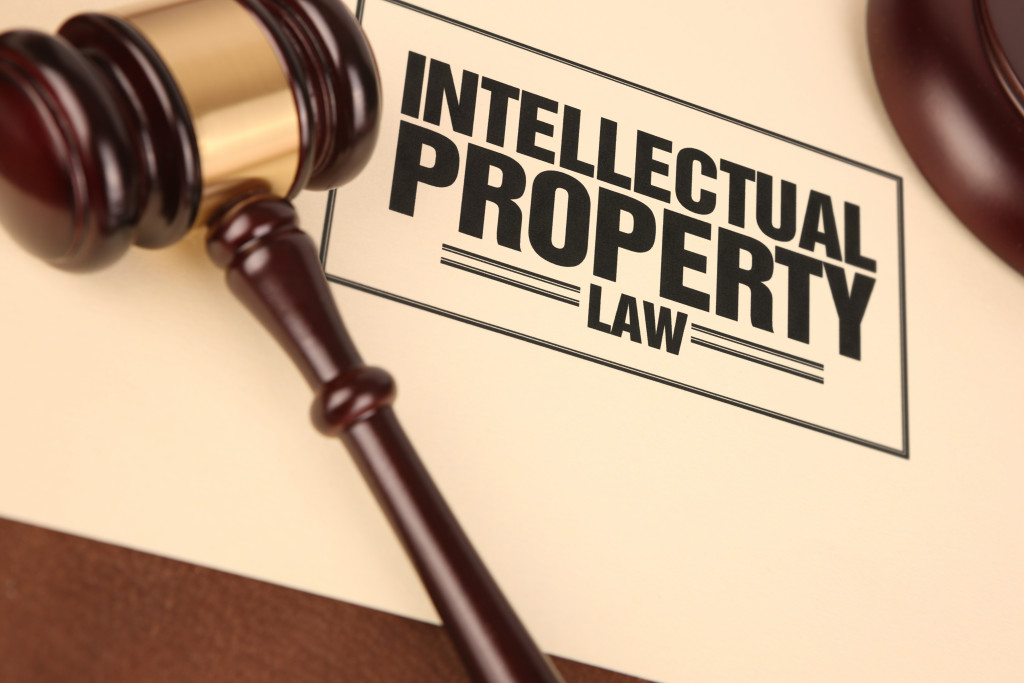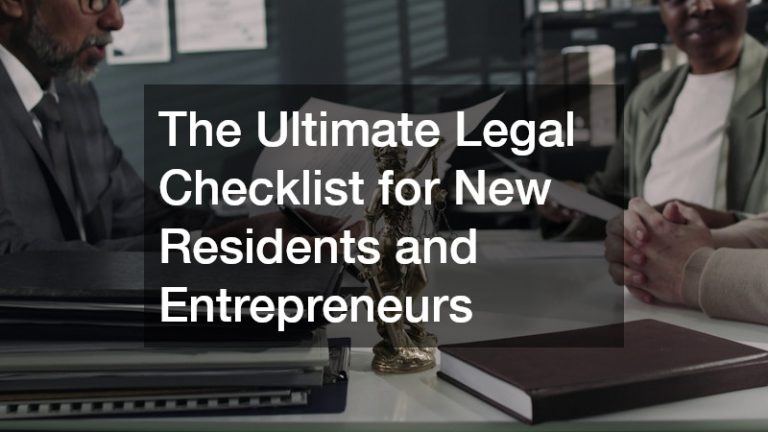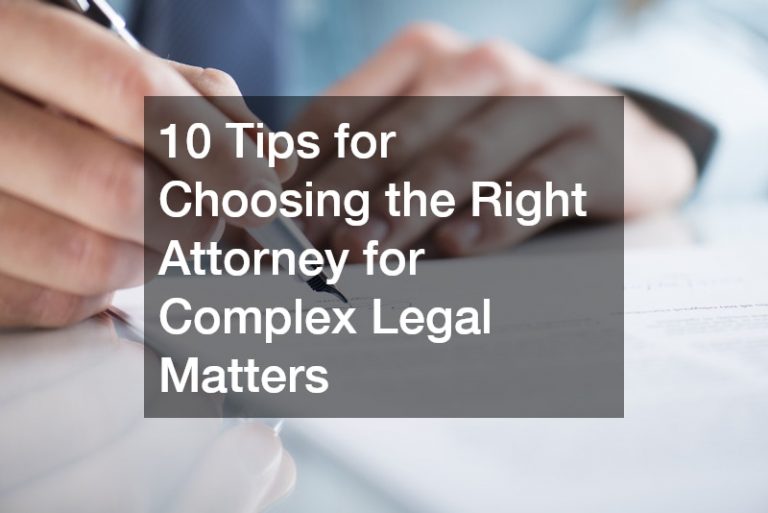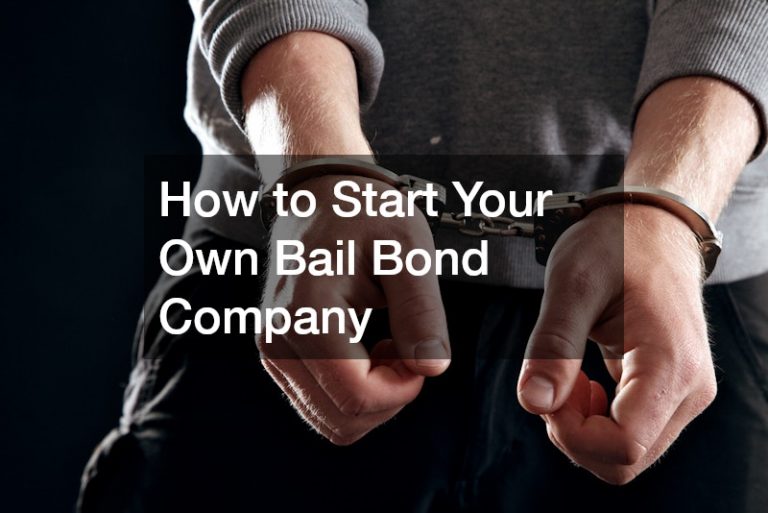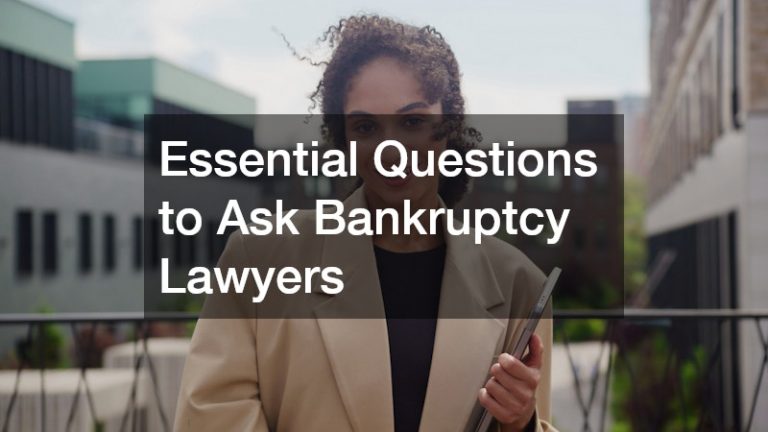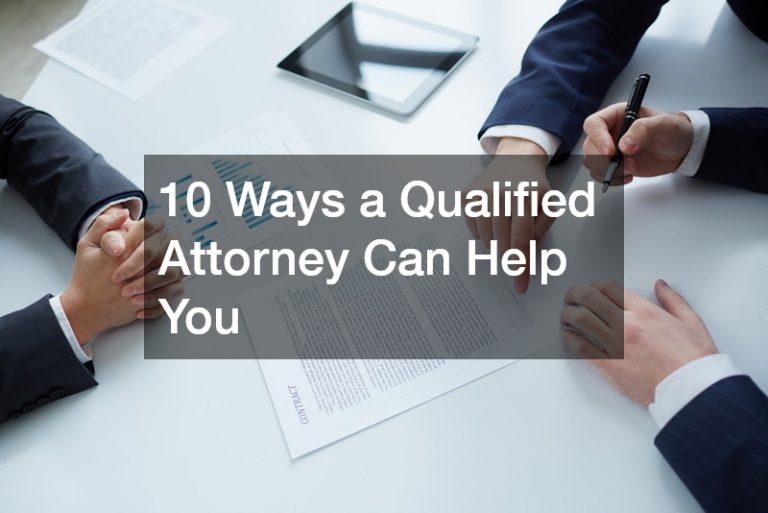The number of copyright infringement cases is on the rise. A total of 4204 intellectual property cases were filed in the year 2020. Hence, it should not come as a surprise even if you get a copyright claim, especially under the Digital Millennium Copyright Act (DMCA). There can be two possible scenarios here, either you have stolen some intellectual property, or the claimer is trying to threaten you and take advantage.
Well, what if someone sends you a claim notice even if you haven’t stolen any intellectual property? That’s precisely why we are here. Let’s go through the first steps to take to defend a copyright lawsuit.
The first thing to know even before the steps is not to panic. If you are sure that you haven’t done any violation, then there are high chances that you can come out clear of it. All you need to do is follow the below steps.
Don’t connect with the claimer immediately
The most common mistake that many people make is to connect with the copyright holder immediately. It’s a common reaction that many individuals will give. You may either want to get it or provide an explanation to the other person. However, this is not the best practice, as anything you say on the call can be used against you in the courtroom.
Another reason not to connect is that you might be angry about the situation and misspeak to the claimer, resulting in more problems. Thus, instead of calling the claimer, it’s better to stay calm and proceed thoughtfully.
Seek help from an attorney
Ignoring a notice without approaching an attorney can lead you into trouble, as the copyright penalties can cost you a fortune. Hence, seek your business attorney for help with further proceedings. If you don’t have a business attorney, you can seek help from a professional commercial litigation lawyer with expertise in copyright infringement lawsuits.
The professionals will be able to help you with the further proceedings best. They can help you with the details of different ways to defend the case. You can also consult with them if you have any doubts in your mind.
Determine the claim
The first that most probably your attorney will also advise is to determine if the claim is valid. This will require gathering facts. Some questions to ask yourself to gather the facts are:
Is the claimed work copyrighted, and does it protect the claimer?
Did you or your company had used the copyrighted work listed in the notice?
Did you or your company make a profit from the copyrighted work?
Was the copyrighted material used knowingly or inadvertently?
Do you have the right to use the material? If yes, do you have the license and authorization to use it?
Once you have all the facts ready, your business lawyer will be able to determine whether the claim is valid. He will also help you identify how easy or difficult it will be to win the case.
Consider all the possible defenses

Your attorney will be better able to help you pick the right one for your case, but it is still necessary to be aware of all the possible defenses. Some common defenses include:
Unregistered copyright: If you find out that the material listed in the notice is not registered as a copyrighted work, then you can easily win the lawsuit.
Copyright expired: After the initial registration, copyright expires after 70 years if the author or creator dies before that. If it is not renewed before the expiration, it goes into the public domain, where anyone can use it.
Lack of originality: Suppose an author dies and after 70 years of registration, someone else claims and registers the copyright on a work. Won’t it be wrong? Yes, it would be, and hence, any work to be copyrighted requires originality or creativity from the author.
Fair use: The law allows using copyright work under some circumstances, which is cited as fair use. These circumstances are using copyright-protected material in research, parody, education, or commentary. If you think that you have made fair use of the listed work, you would easily defend the claim.
These are the initial steps to take when you receive a copyright claim notice. After these initial steps, the last thing to do is face the claimer in court. Your lawyer will help you with the proceedings of the court. Intellectual property claims are usually heard in civil courts. Your lawyer will help you with what to and what not to do in court. If you haven’t done anything wrong, don’t worry, as justice will prevail.

